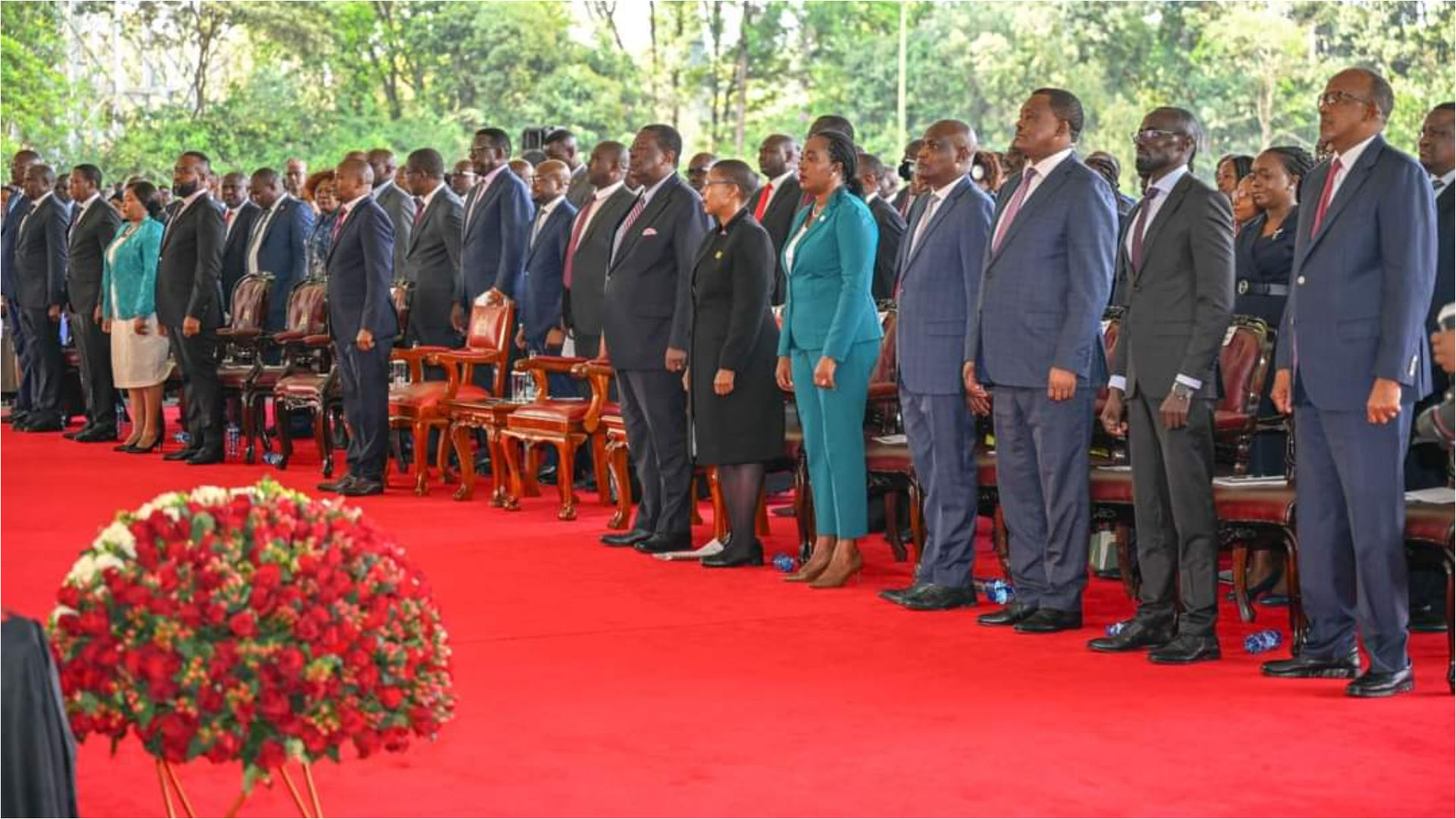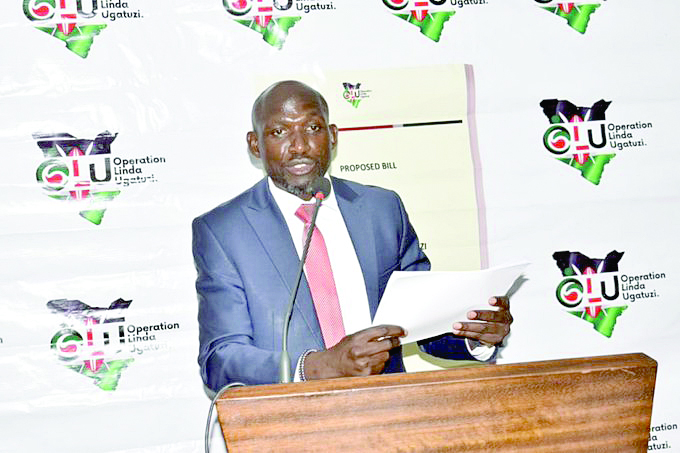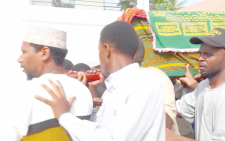Ndii leads activists to court over Constitution amendments

Bernice Mbugua @BerniceMuhindi
Economist David Ndii and four activists have moved to court seeking interpretation whether Parliament can pass any laws that alter the basic structure of the constitutional foundation.
The other petitioners; Jerotich Seii, James Ngondi, Wanjiku Gikonyo and Ikal Angelei have filed a petition through Law Society of Kenya president Nelson Havi.
They have sued Chief Government Advisor, Speaker of National Assembly Justin Muturi, Speaker of Senate Ken Lusaka and the Independent Electoral and Boundaries Commission.
They are challenging the constitutional amendments, which could deal a blow to the Building Bridges Initiative.
According to the activists, Chapter One of the Constitution on Sovereignty of the People and Supremacy of the Constitution, Chapter Two on The Republic, Chapter Four on the Bill of Rights, Chapter Nine on the Executive and Chapter 10 on the Judiciary, which BBI intends to rely on cannot be amended.
“The recent developments in the country’s legislative history confirm a threatened abrogation, contravention and violation of Chapters One, Two Four, Nine and 10 and in particular Articles 256 and 257 of the Constitution by the respondents,” they say in court documents.
Petitioners accuse Parliament of intending to pass laws that alter the basic structure of the Kenyan Constitutional foundation.
They want the case certified as urgent and heard by an uneven number of judges, not less than three appointed by Chief Justice David Maraga.
Petitioners aver that Parliament lacks clear parameters to guide it on basic structure amendments in the exercise of authority.
“In the absence of clear guideposts to define the scope of Parliament’s authority to amend the Constitution, Parliament appears to adopt the approach that it enjoys an unlimited authority, a carte blanc, to consider any and all amendments to the Constitution,” says the five in court documents.
According to them, they are apprehensive that the approach by parliament is likely to lead Parliament to consider and adopt now and in the future amendments that constitute essential features of the 2010 Constitution.
“The amendability of which are outside the scope of the amendment power of Parliament by dint of the Basic Structure Doctrine asserted in this Petition,” they say.













